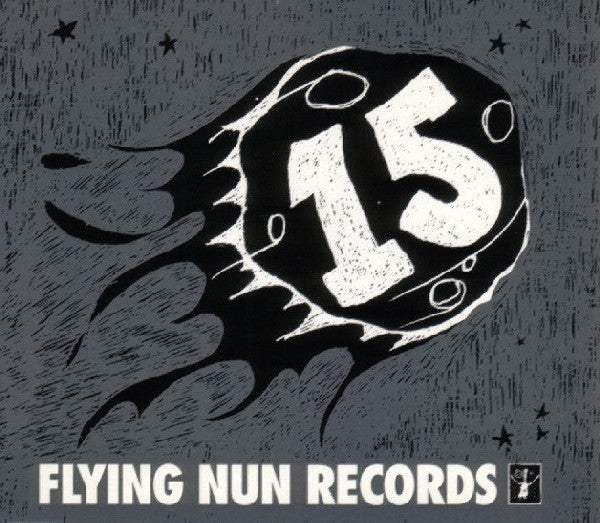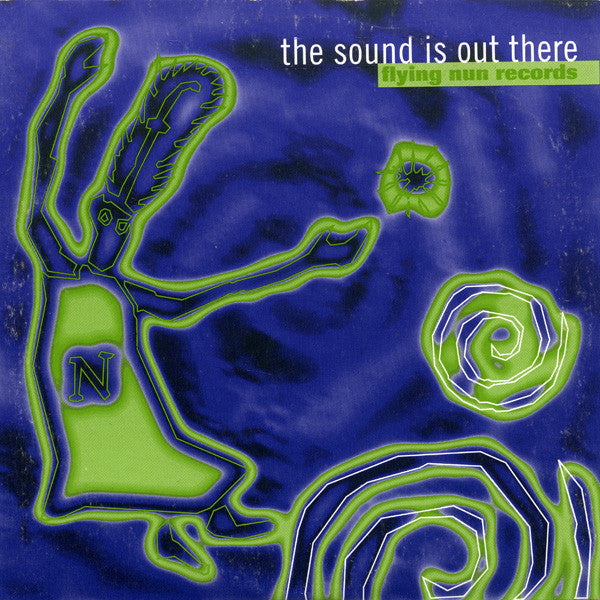Cul de Sac

"There's this band that I like called Cul De Sac - very ambient, very cool". Lou Reed, Mojo, March 1996
Robin Amos - keyboards
Chris Fujiwara - bass
Glenn Jones - guitars
Jon Proudman - drums
Krautrock, space rock and especially post rock are the cool terms to drop at the moment, often lazily applied to bands impossible to categorise. Cul De Sac are one of these bands. China Gate is their third album.
When the band's second album I Don't Want To Go To Bed was released last year, Cul De Sac were grouped in with all the other so-called post rock/Krautrock bands. Yet for all their experimentalism and Germanic influences(Faust, Neu and of course Can), this powerful and unique instrumental Boston four piece combine so many elements of different musical genres (sixties psychedelia, Jazz and 20th Century American folk(!)) they are impossible to catagorise as either. They have created a sound, which as English critic David Stubbs explains, "isn't post or anti-rock, but one which opens up a whole index of directions in which rock music could go right now".
As with their two previous albums I Don't Want To Go To Bed and Ecim (1992 - to be re-released later this year) the 20th Century American folk influence remains an important touchstone on China Gate, elevating the vocals and melodies from the deep krautrock grooves and thus the band from the good to the very special. According to the band, the basic concept of China Gate was to combine Glenn Jones's melodic sensitivity (he writes most of the songs) with idiosyncratic guitar playing (Hendrix and Fahey influenced) and Amos's orgy of electronic experiments, whilst making sure that a sharp, propulsive groove generated the whole process.
From the furious excitement of 'Colomber', the heartbreak of 'Nepenthe' and the late night driving grooves of 'Utopia Parkway' and the reworking of 'Doledrums' (first featured on I Don't Want To Go To Bed) China Gate is Cul De Sac's most far-ranging musical expedition yet.
China Gate hears Cul de Sac playing with a greater assurance than on previous records, delivering all the components of a good diverse album. Whereas I Don't Want To Go To Bed was recorded on one microphone a four track in a tiny practice space, China Gate was treated to proper production and mixing, which, apparently had its problems. Bassist Chris Fujiwara recalls the album as a 'post produciton nightmare, but yet worth it, because without detriment to the spontaneity of the playing, we got these dense textures in which sound move around in interesting ways - each instrument beautiful and hypnotic in itself. Everyone played on the album at fever heat", he continues, "in fact we were all quite delirious."
Albums listened to during the recording of China Gate were John Coltrane's Ascension and the Breakfast At Tiffany's soundtrack.






